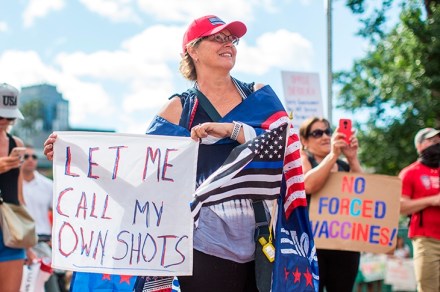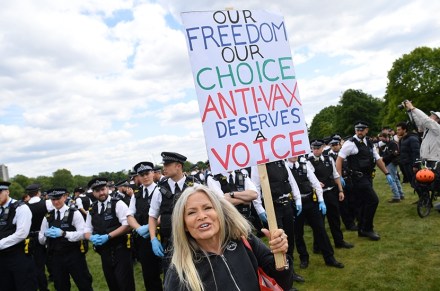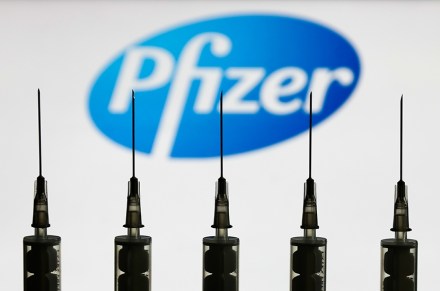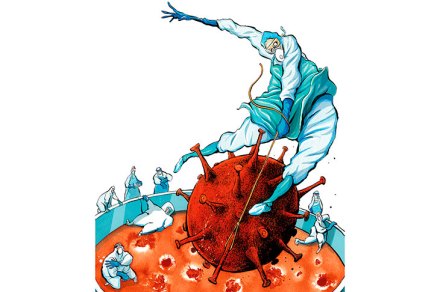Which countries are most sceptical about vaccines?
Gloss over Should we be worried that the head of research into respiratory drugs at AstraZeneca is called Dr Pangalos, given that his near namesake, Dr Pangloss, is a byword for foolish optimism? Dr Pangloss was tutor to Candide in Voltaire’s satire on Gottfried Leibniz’s work on theodicy: the attempt to reconcile why a benevolent and all-powerful God should allow evil, tragedy — or a pandemic — to exist. Dr Pangloss’s favourite phrase, ‘all is for the best in the best of all possible worlds’, encapsulates Leibniz’s belief that the Earth, for all its apparent faults, was the best that God could possibly have created. Dr Pangloss’s belief collides with










